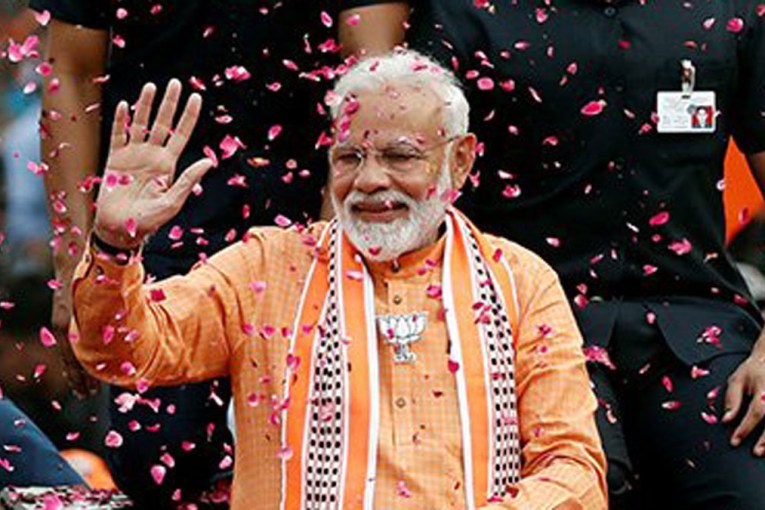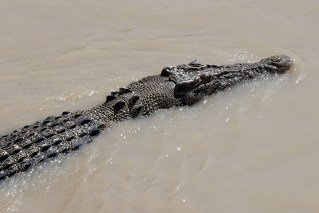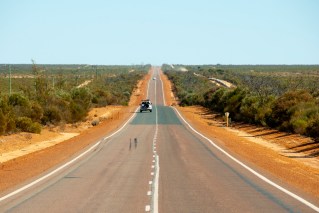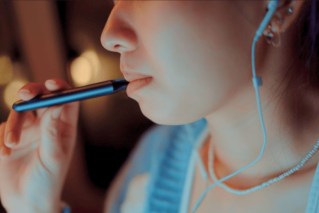Paul Bongiorno: How Official Secrets hides our spying nation’s dirty deeds

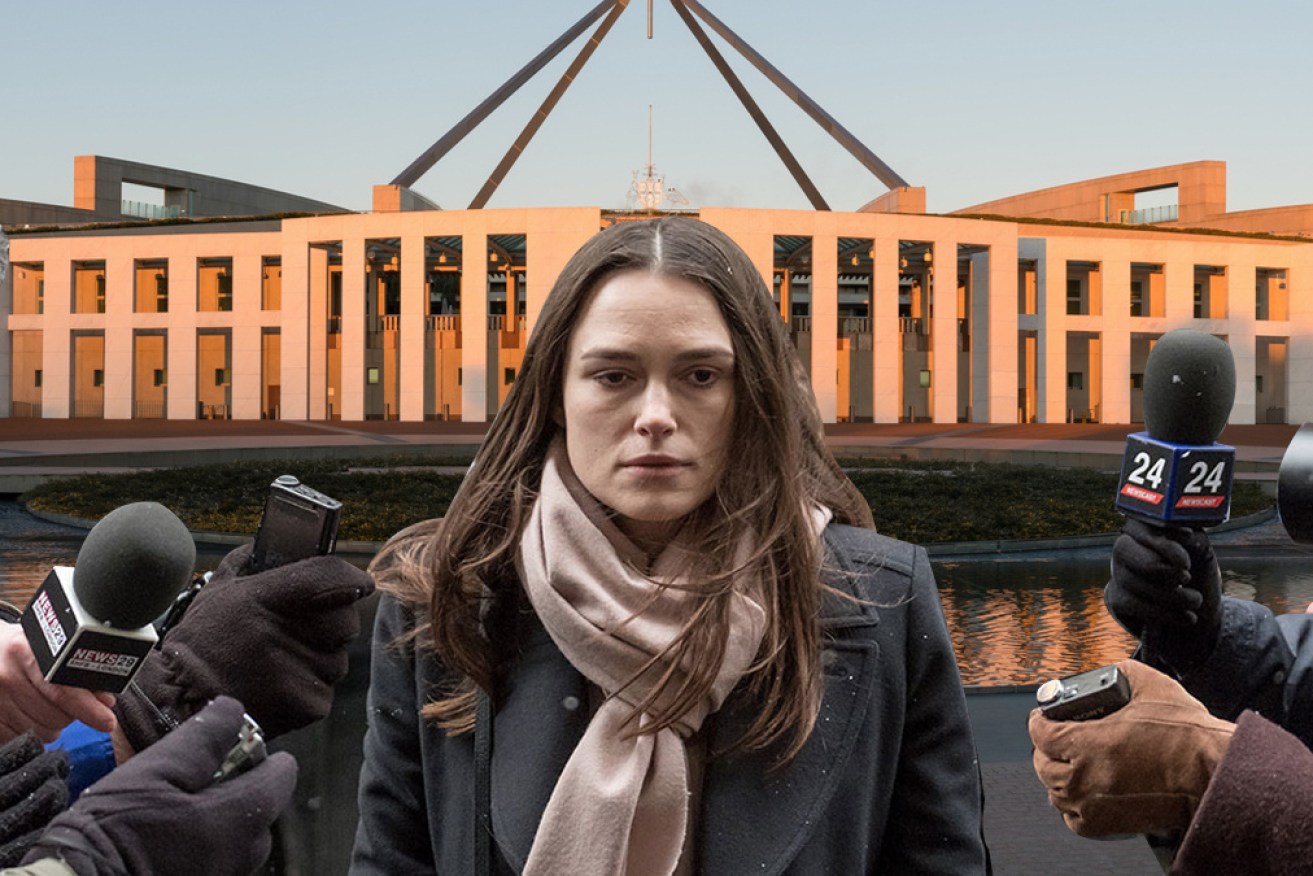
Paul Bongiorno wonders why Australia's dirty secrets were left out of Keira Knightley's new film on the Iraq war. Photo: Getty
On Thursday, the Australian government’s protracted persecution of whistleblower lawyer Bernard Collaery over a spy case is listed for another one-day hearing in the ACT magistrates court.
Lawyers following the case say it is yet another delaying tactic designed for no other purpose than to punish Mr Collaery for his role in prosecuting Australia in the International Court of Justice (ICJ) for its illegal spying on the government of Timor-Leste during a delicate oil and gas exploration negotiation.
Attorney-General Christian Porter rejects the accusation, but then again he would, wouldn’t he – given the way he and previous attorneys-general Liberal and Labor have pursued the matter.

Attorney-General Christian Porter. Photo: AAP
The twists and turns in this case are a cruel farce: Bernard Collaery was acting for the government of Timor-Leste in the ICJ, arguing that an agreement signed in 2006 was invalid because the spying showed it was not done in good faith.
Mr Collaery intended to call the intelligence officer who installed the listening devices as a witness in The Hague.
That’s when the Gillard government withdrew the officer’s passport and federal agents raided Mr Collaery’s Canberra office, seizing confidential lawyer/client material in the name of “national security”.
It was a clear breach of legal protocol and the ICJ ordered the documents returned.

Supporters of Bernard Collaery and Witness K protest outside the Supreme Court in August. Photo: AAP
When Mr Collaery blew the whistle on the raid by going to the media, he was charged with conspiring to breach section 39 of the Intelligence Services Act.
The conspiracy is alleged between Mr Collaery and the intelligence officer now known as “Witness K” even though it was our spy chiefs who cleared the way for K to seek advice from the lawyer.
Mr Porter’s pressing on with prosecuting the case, unlike his two immediate predecessors George Brandis and Mark Dreyfus, is yet more evidence of Australia’s descent into an oppressive democracy.
It’s all ostensibly in the name of national security, whereas clearly it is a warning to anyone who would embarrass the government they will pay dearly.
Senator Jacqui Lambie was close to the mark when she said “journalists assume that everybody who refers to national security as a reason to keep something secret is a lying, cynical bum – and they’re probably right most of the time”.

Keira Knightley and Katharine Gun attend the Official Secrets European premiere. Photo: Getty
It all has a disturbing similarity with the Katharine Gun prosecution in Britain over her whistleblowing in the run up to the Bush-Blair-Howard illegal invasion of Iraq in 2003.
Ms Gun was an intelligence officer at the Government Communications Headquarters (GCHQ) when she came across a cable from the National Security Agency in Washington trying to organise blackmail of members of the UN Security Council before a vote on the legality of the war.
She leaked the document to The Observer newspaper “in order to stop a war” and its devastating toll of death and misery.
The saga is dramatised in Official Secrets now in cinemas with Keira Knightley playing the role of Gun.
But the dialogue could just as easily be in the mouths of Mr Collaery and his client, Australian spy Witness K.
At one point Knightley/Gun says: “I gather intelligence not so the British government can lie to the British people.”

The real Katharine Gun speaks onstage during the Official Secrets screening in Georgia in October. Photo: Getty
The Blair government withdrew its prosecution on the day the trial began, but the months of uncertainty and pressure caused Gun to suffer from Post Traumatic Stress Disorder for years afterwards.
Five years on, those close to Witness K say he is near breaking point and – like Gun – is torn between pleading guilty to have it all done with or – like Collaery and the British woman in the end – plead not guilty in the name of national integrity.
Paul Bongiorno AM is a veteran of the Canberra Press Gallery, with 40 years’ experience covering Australian politics
